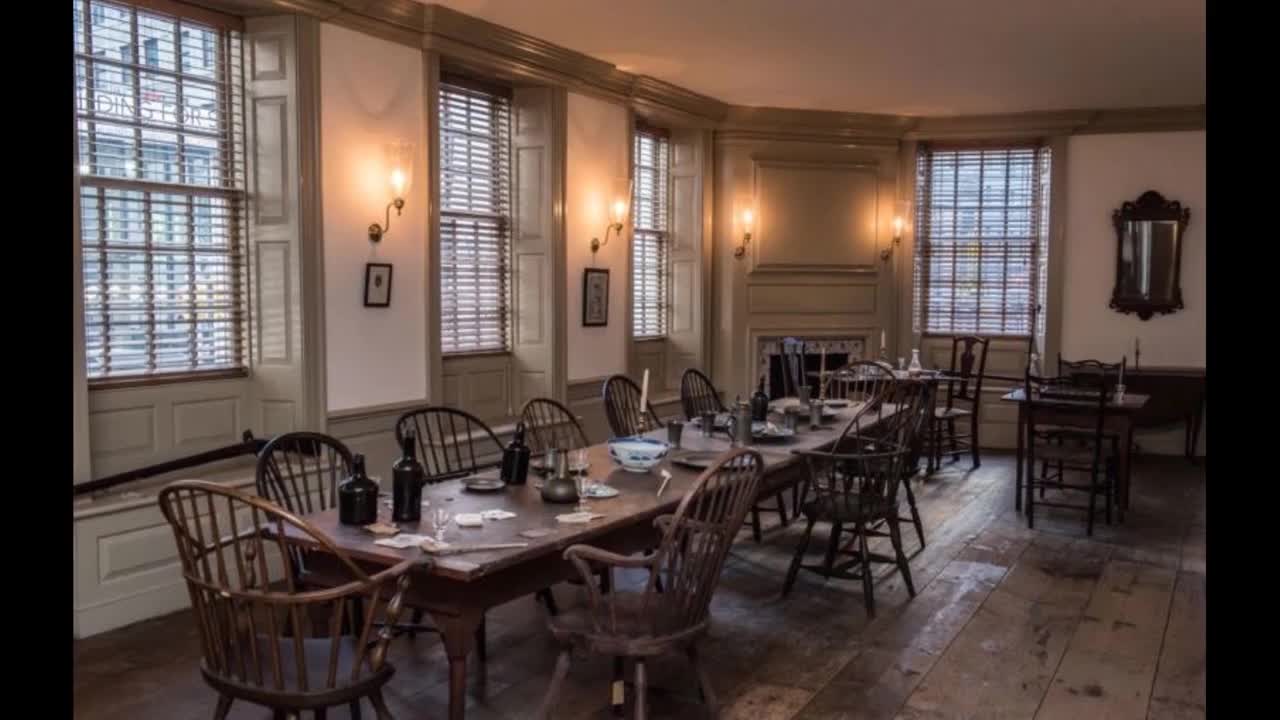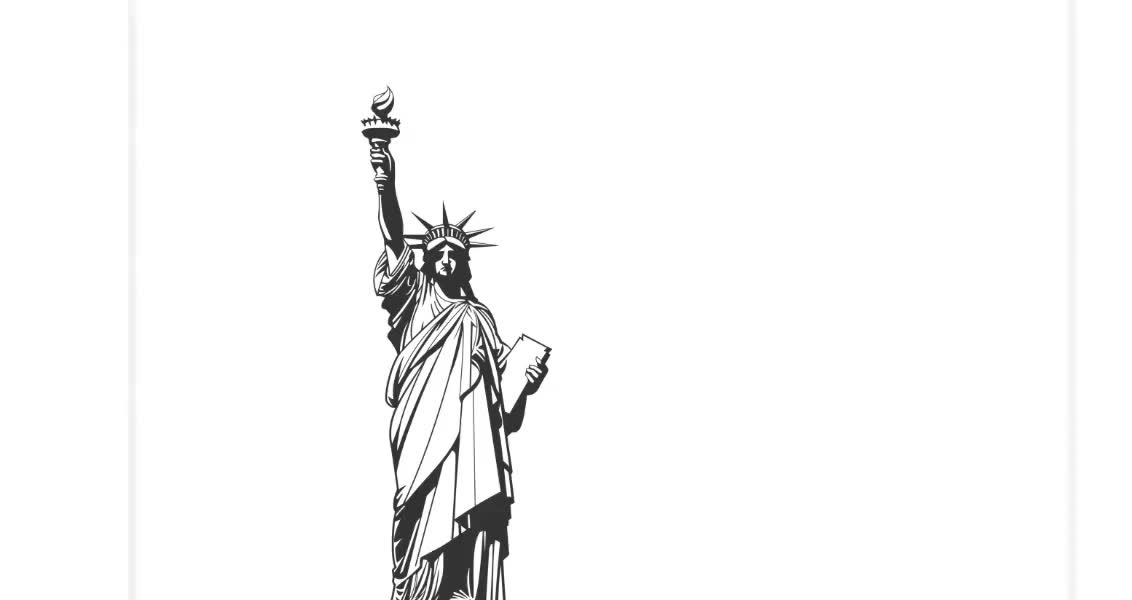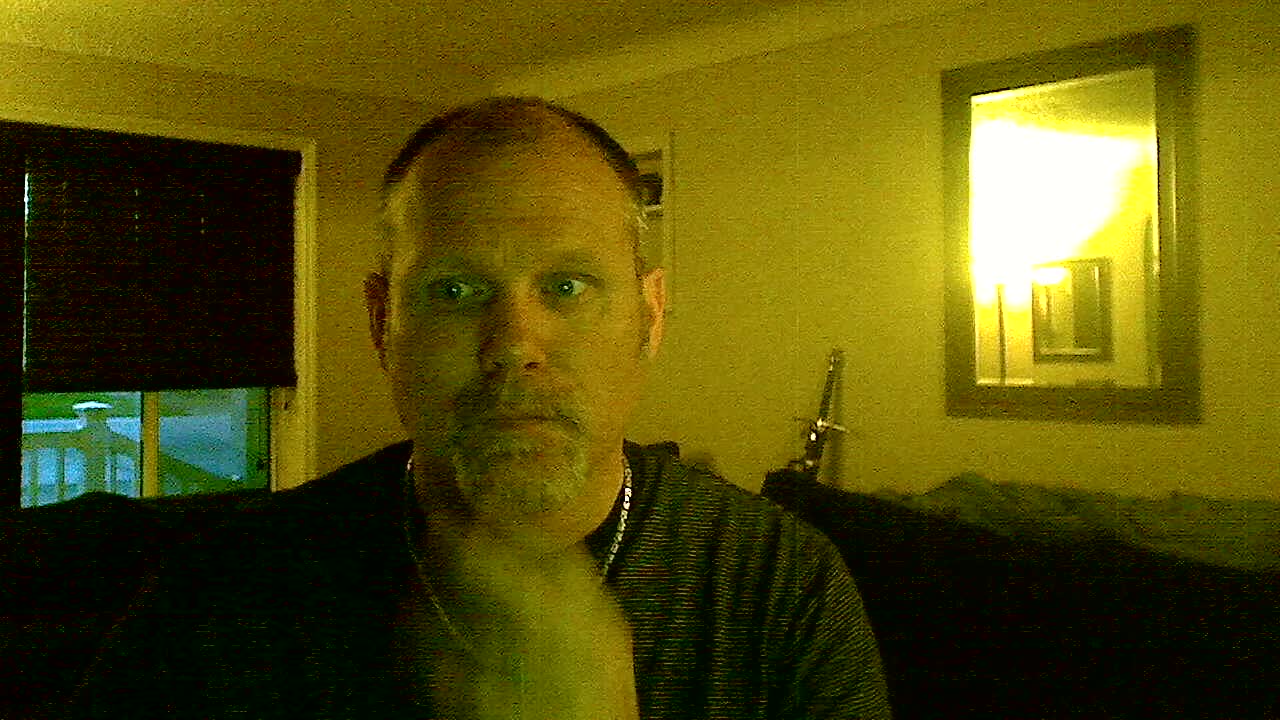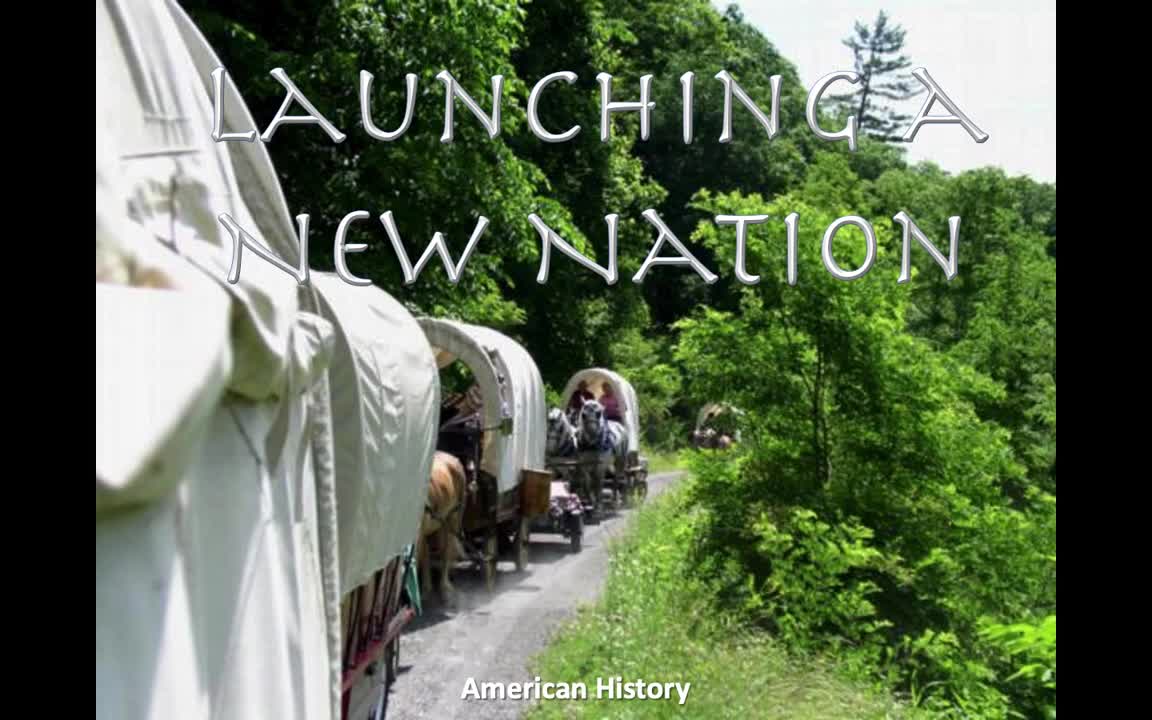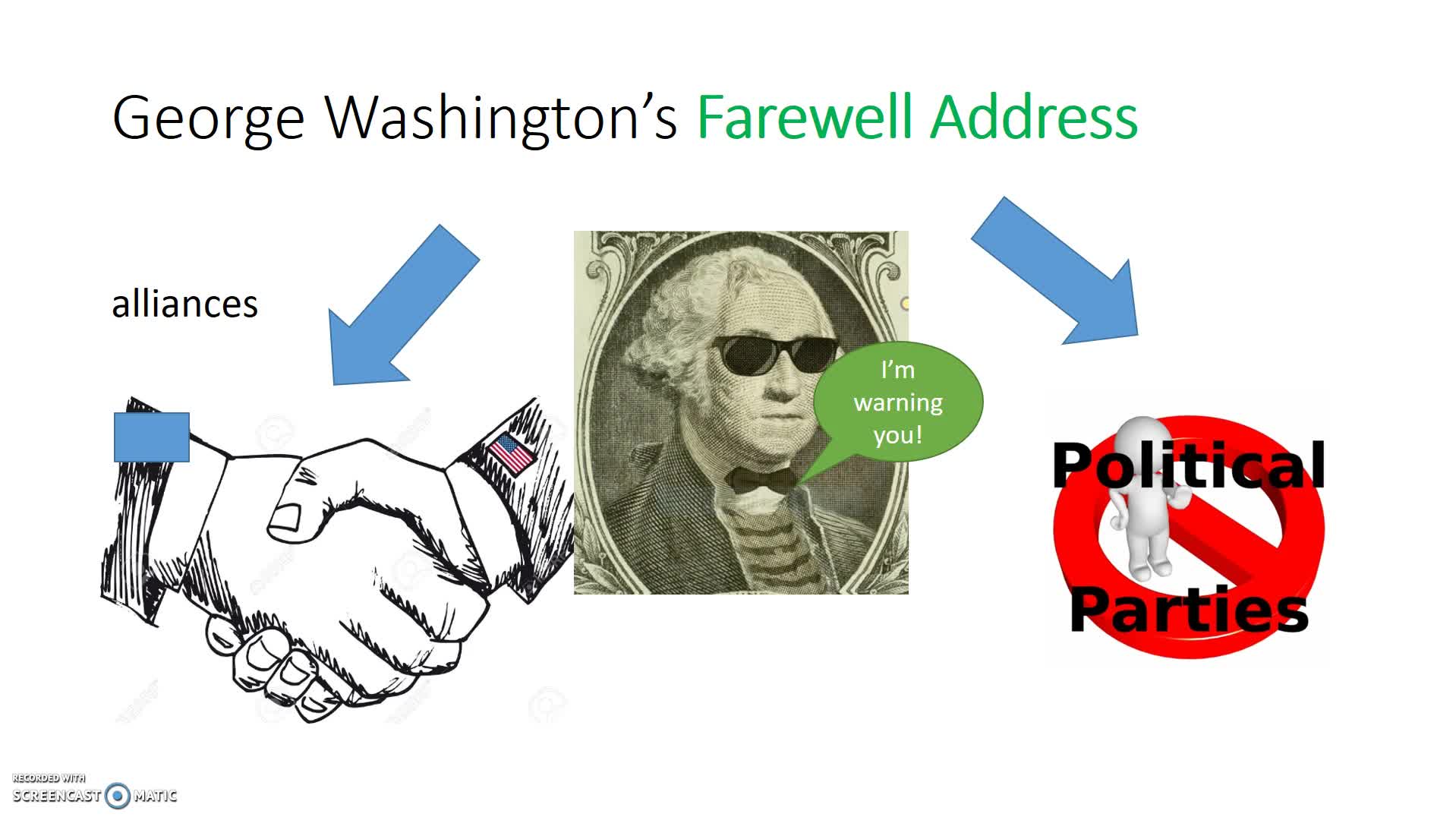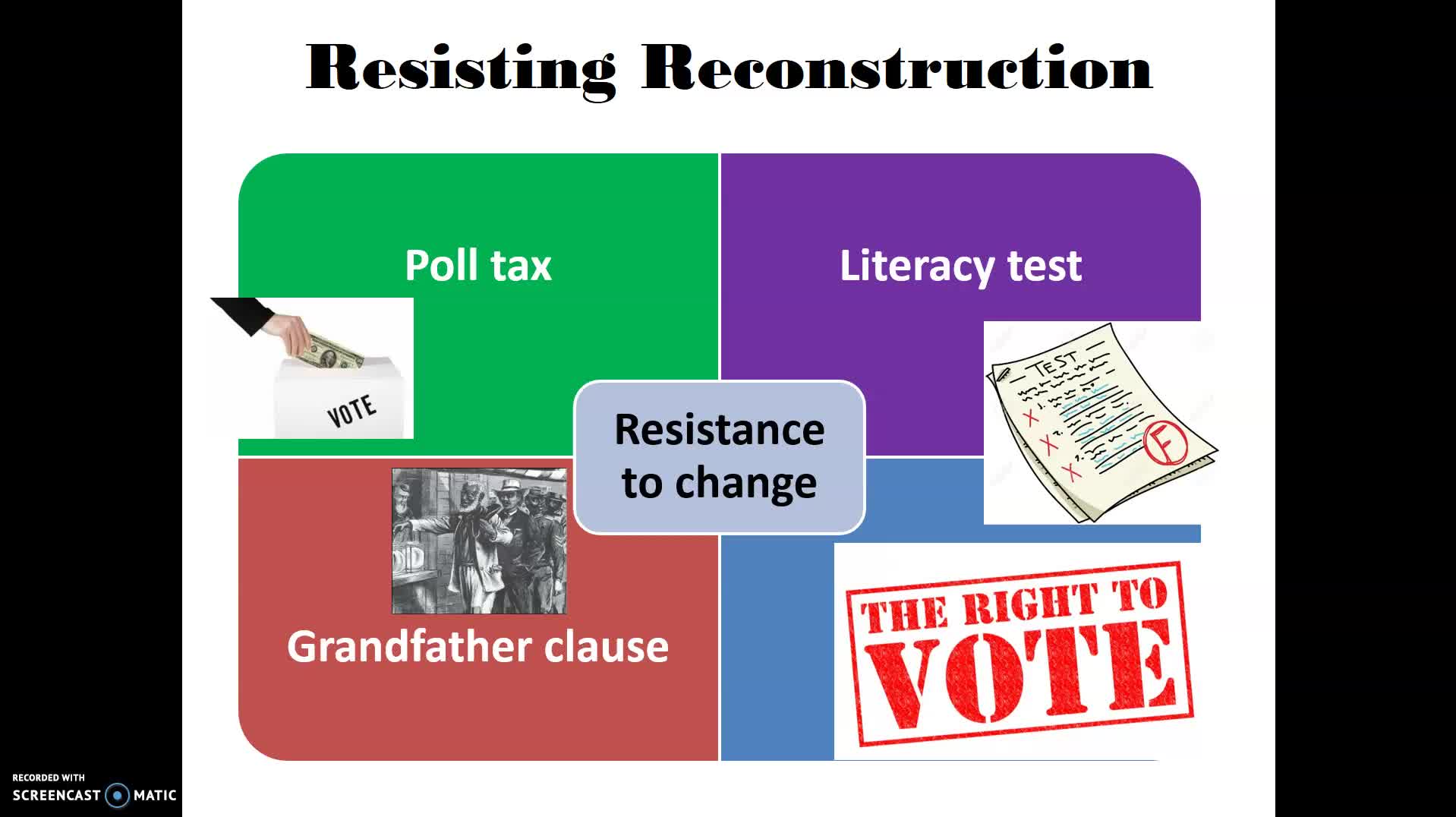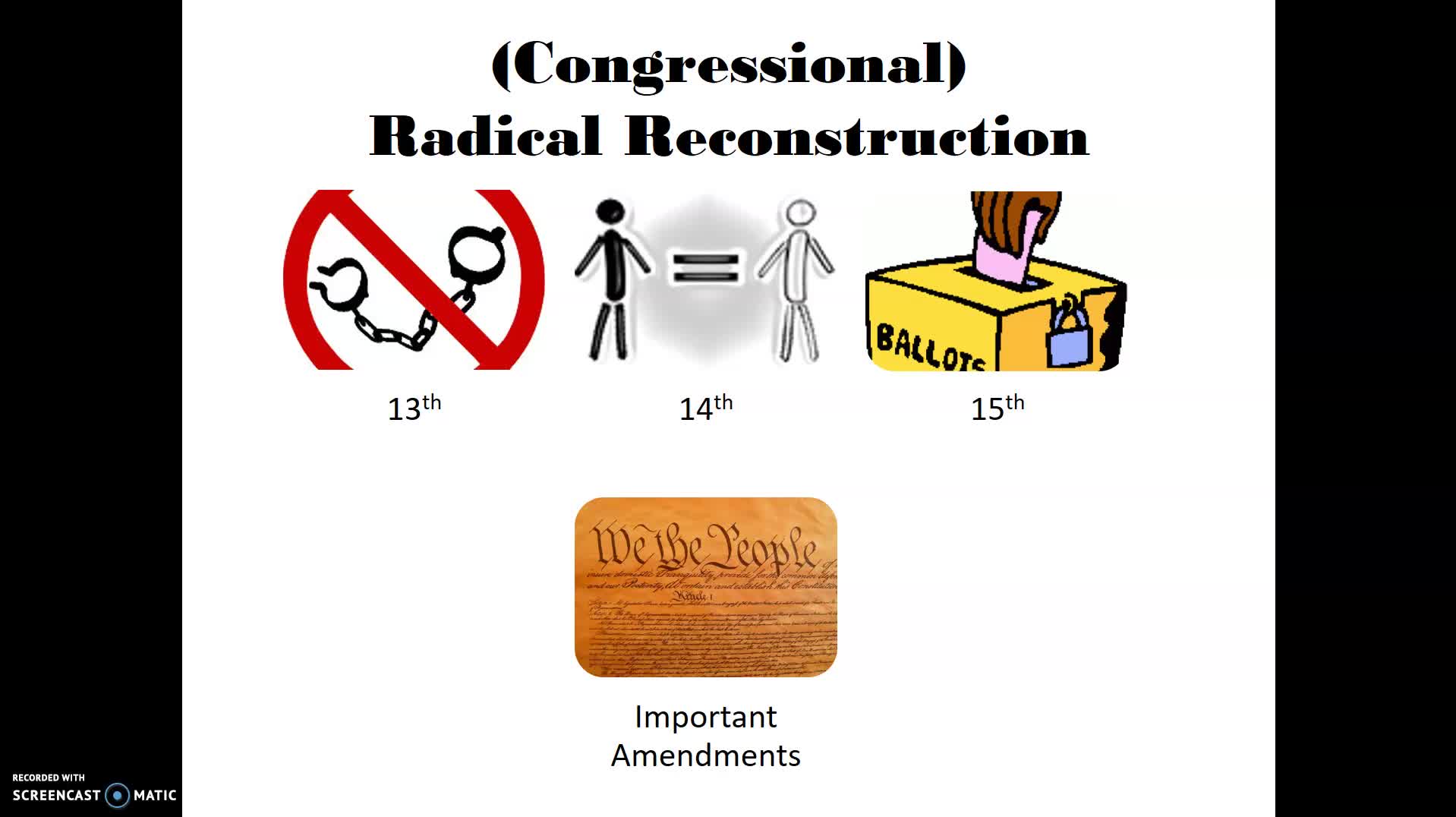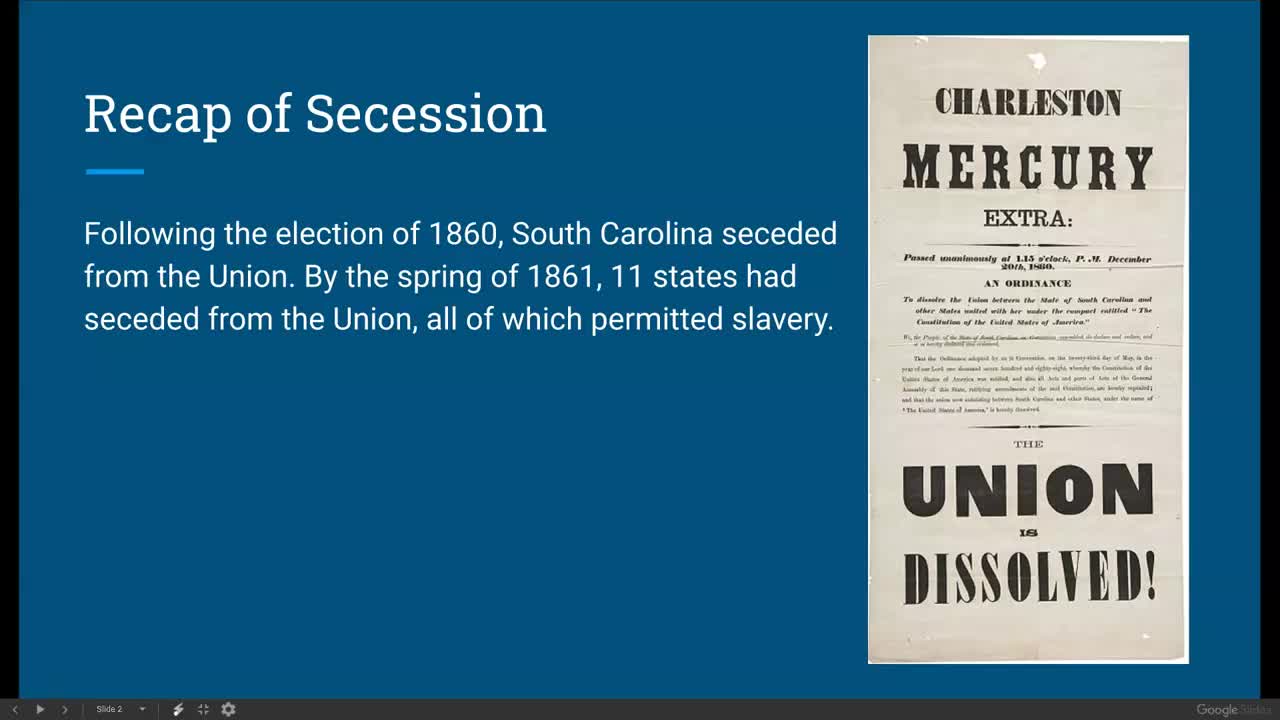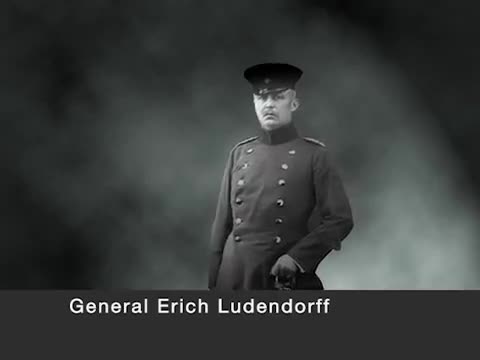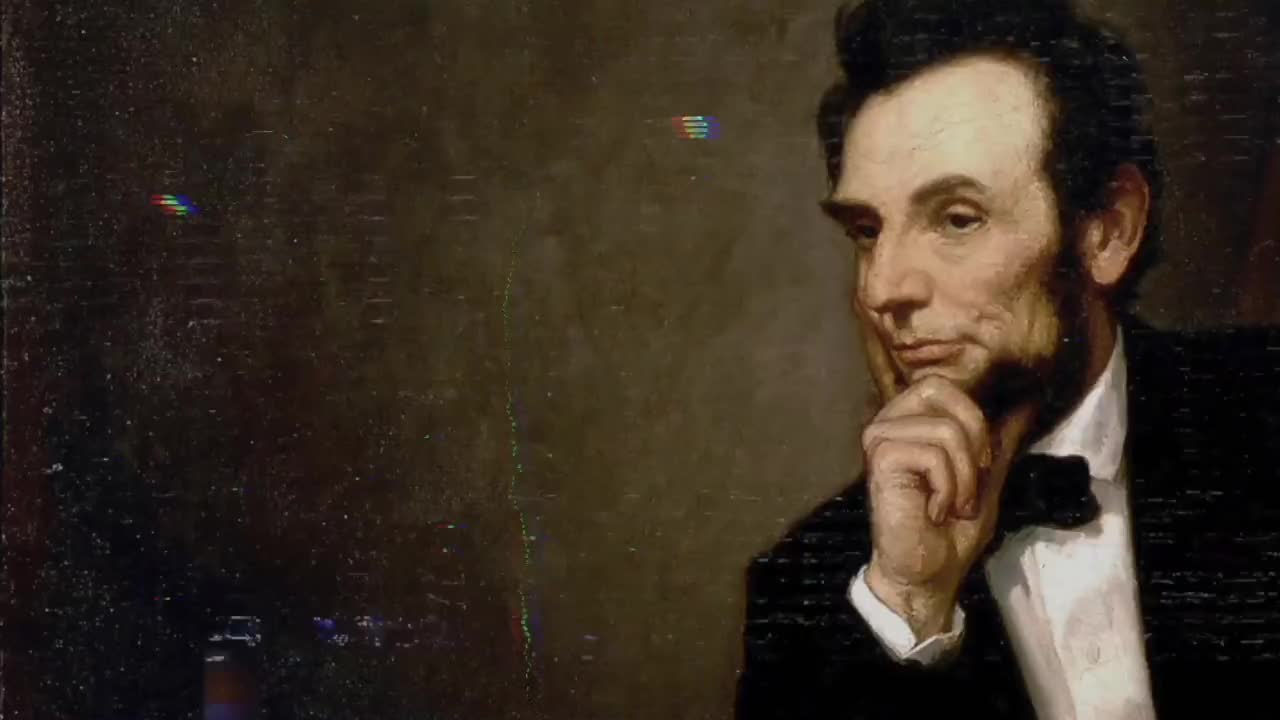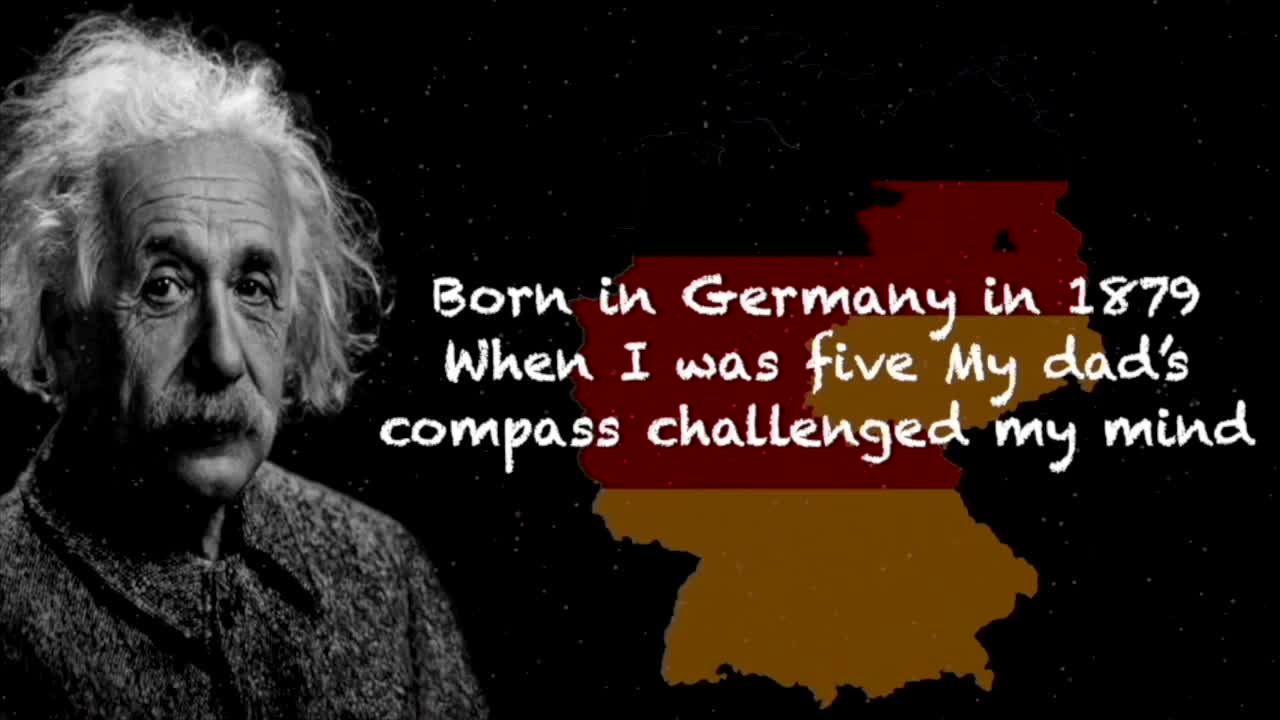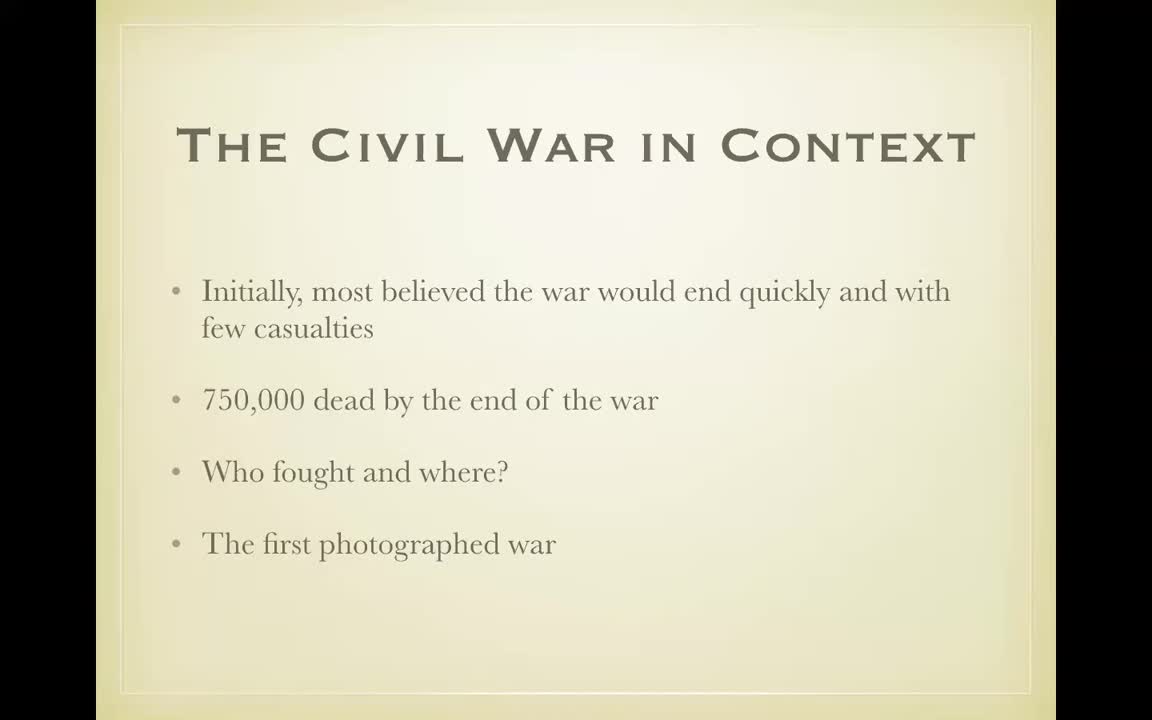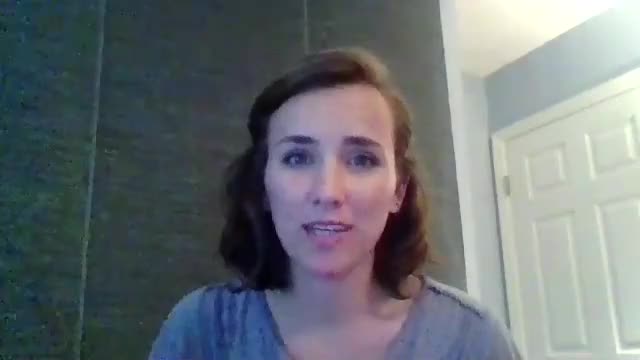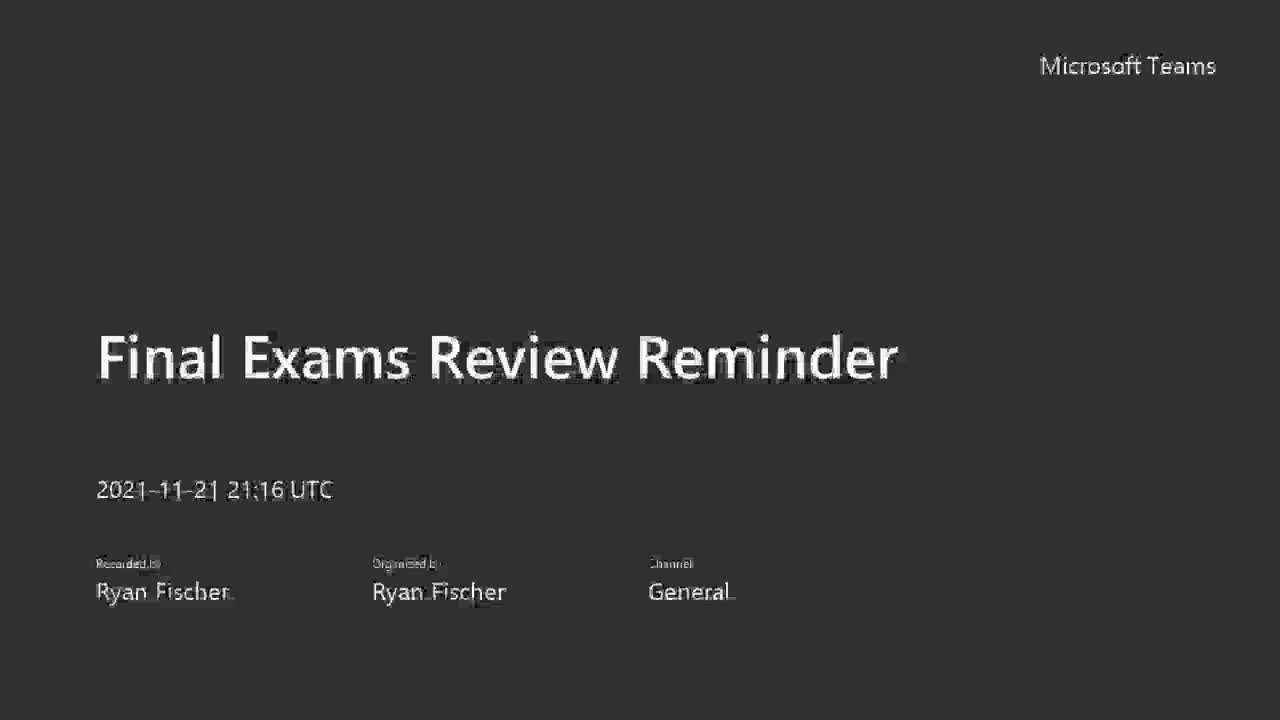Abraham Lincoln Reads The Gettysburg Address
High School / History / U.S. History
Abraham Lincoln reads the Gettysburg Address
Yeah, whole ?63 was a difficult time. I kept getting reports of this battle, and that battle. One time a fella asked me, ?Mr. President, how many troops do you think the Confederacy have?? I said, ?Oh, at least four hundred thousand.? He said, ?That many?? And I said, ?Well, listen now. We have a hundred and fifty thousand. And every time I talk to a general I say, ?What went wrong?? He said, ?Well, we were outnumbered three to one.? Well if that is the case then I guess that?s the Confederacy. They have that many.
But it was a serious time. No doubt about it. July came and we almost had General Lee in our grasp. But he got away to fight another day from a small town in Pennsylvania called Gettysburg. The news of that was devastating. I thought, ?My heavens, we fought this long it can?t go on any longer.? But it did. It just kept on going.
Then came the fall. I got word that I should prepare some remarks to be included in a programme of a dedication of a cemetery in that very town of Gettysburg. It gave me time to think about many things. What our purpose was in this country. And how I could put that across to the good people of the Union. And the South. And I got word that the principal speaker was a fellow named Edward Everett, a very fine orator from Massachusetts. He was gonna come down and give the big speech to the people and I should keep mine pretty short.
Well, I arrived in Gettysburg the night before. I wasn?t feeling awfully well. Matter of fact I had a pretty good fever. I got the words together the best I could. I was taken out to the cemetery site there in the morning. It was a November. Nineteenth I believe it was. Kind of a cold, grey day. And sure enough, Edward Everett began to speak and went on and on and on. The crowd gathered around. Thousands of people were there. I wondered if they would ever hear what I was even saying at that time.
But then it came time to take my stand there and talk to the American people. And I?d like to share it with you.
Four score and seven years ago our fathers brought forth on this continent, a new nation, conceived in Liberty, and dedicated to the proposition that all men are created equal.
Now we are engaged in a great civil war, testing whether that nation, or any nation so conceived and so dedicated, can long endure. We are met on a great battlefield of that war. And we have come to dedicate a portion of that field, as a final resting place for those who here gave their lives that that nation might live. It is altogether fitting and proper that we should do this.
But, in a larger sense, we can not dedicate ? we can not consecrate ? we can not hallow ? this ground. The brave men, living and dead, who struggled here, have consecrated it, far above our poor power to add or detract. The world will little note, nor long remember what we say here, but it can never forget what they did here. It is for us the living, rather, to be dedicated here to the unfinished work which they who fought here have thus far so nobly advanced. It is rather for us to be here dedicated to the great task remaining before us ? that from these honored dead we take increased devotion to that cause for which they gave their last full measure of devotion ? that we here highly resolve that these dead shall not have died in vain ? that this nation, under God, shall have a new birth of freedom ? and that government of the people, by the people, for the people, shall not perish from the earth.
w
But it was a serious time. No doubt about it. July came and we almost had General Lee in our grasp. But he got away to fight another day from a small town in Pennsylvania called Gettysburg. The news of that was devastating. I thought, ?My heavens, we fought this long it can?t go on any longer.? But it did. It just kept on going.
Then came the fall. I got word that I should prepare some remarks to be included in a programme of a dedication of a cemetery in that very town of Gettysburg. It gave me time to think about many things. What our purpose was in this country. And how I could put that across to the good people of the Union. And the South. And I got word that the principal speaker was a fellow named Edward Everett, a very fine orator from Massachusetts. He was gonna come down and give the big speech to the people and I should keep mine pretty short.
Well, I arrived in Gettysburg the night before. I wasn?t feeling awfully well. Matter of fact I had a pretty good fever. I got the words together the best I could. I was taken out to the cemetery site there in the morning. It was a November. Nineteenth I believe it was. Kind of a cold, grey day. And sure enough, Edward Everett began to speak and went on and on and on. The crowd gathered around. Thousands of people were there. I wondered if they would ever hear what I was even saying at that time.
But then it came time to take my stand there and talk to the American people. And I?d like to share it with you.
Four score and seven years ago our fathers brought forth on this continent, a new nation, conceived in Liberty, and dedicated to the proposition that all men are created equal.
Now we are engaged in a great civil war, testing whether that nation, or any nation so conceived and so dedicated, can long endure. We are met on a great battlefield of that war. And we have come to dedicate a portion of that field, as a final resting place for those who here gave their lives that that nation might live. It is altogether fitting and proper that we should do this.
But, in a larger sense, we can not dedicate ? we can not consecrate ? we can not hallow ? this ground. The brave men, living and dead, who struggled here, have consecrated it, far above our poor power to add or detract. The world will little note, nor long remember what we say here, but it can never forget what they did here. It is for us the living, rather, to be dedicated here to the unfinished work which they who fought here have thus far so nobly advanced. It is rather for us to be here dedicated to the great task remaining before us ? that from these honored dead we take increased devotion to that cause for which they gave their last full measure of devotion ? that we here highly resolve that these dead shall not have died in vain ? that this nation, under God, shall have a new birth of freedom ? and that government of the people, by the people, for the people, shall not perish from the earth.
w
